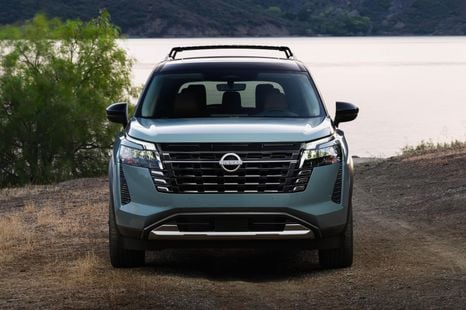

Damion Smy
Nissan previews four new off-road SUVs and a ute, including Ranger and Prado rivals – report
6 Days Ago

Contributor
BMW is currently conducting final winter tests of its iX5 Hydrogen hydrogen fuel-cell (FCEV) SUV on public roads and at BMW Group’s testing centre in Arjeplog, Sweden, near the Arctic Circle.
The company says it still intends to “produce a small series of the [iX5 Hydrogen] later in the year and is also committed to helping expand the network of hydrogen fuelling stations”.
First detailed in March 2020, the BMW iX5 Hydrogen uses a hydrogen fuel-cell powertrain consisting of two tanks made from carbon-fibre-reinforced plastic (CFRP) that store up to 6kg of hydrogen at under 700 bar of pressure, a fuel cell that produces 125kW, an electric motor and a battery pack.
BMW says total system output is 275kW of power.
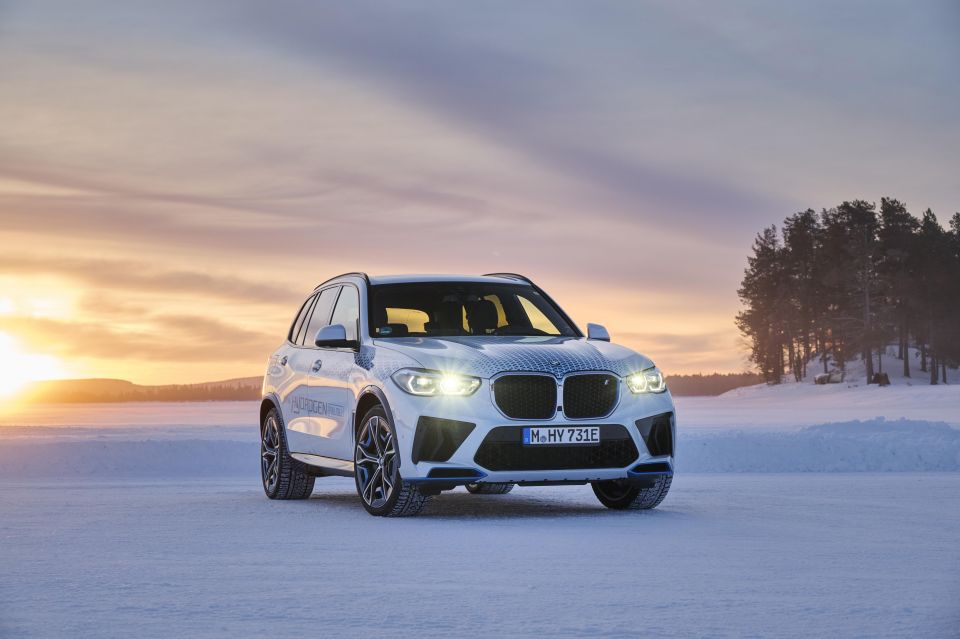
FCEVs combine stored energy hydrogen with atmospheric oxygen in a stack of membranes. Electricity is drawn from the chemical reaction to drive the motor.
The BMW iX5 Hydrogen’s electric motor additionally draws power from coasting overrun and regenerative braking charge stored in the battery.
The only emission released by the iX5 Hydrogen’s powertrain is water vapour from the fuel cell, with waste heat used to warm the SUV’s interior.
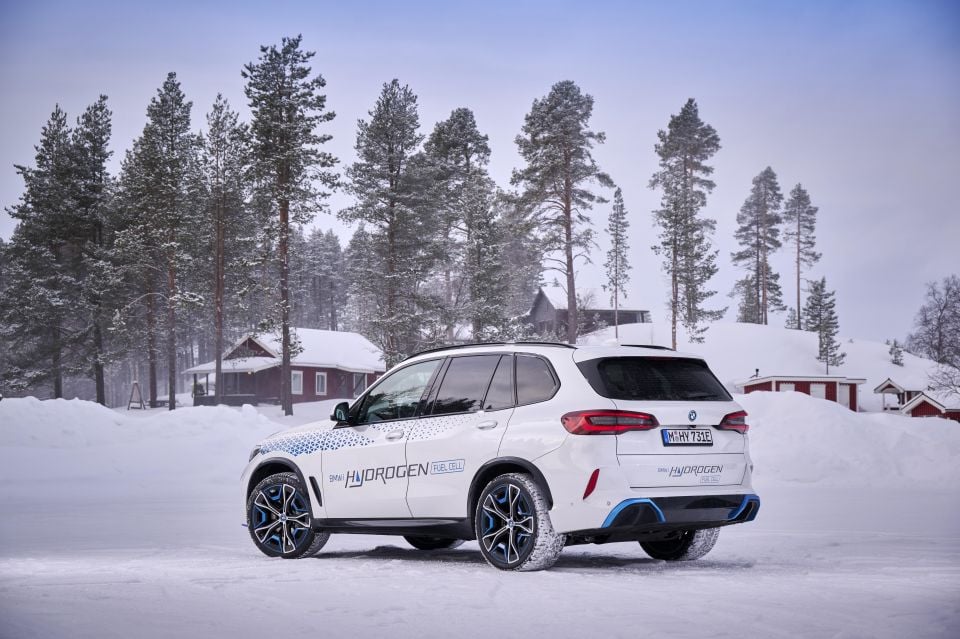
Refuelling with hydrogen also takes around three to four minutes, according to BMW, even in freezing conditions.
BMW says the iX5 Hydrogen has racked up “hundreds of sessions on test rigs and in-depth field testing on the road” and has passed the “ultimate test of endurance”.
The German automaker wasn’t just testing the FCEV powertrain in sub-zero temperatures, but also conducting tests for the iX5 Hydrogen’s steering, springs and dampers, chassis control systems and the how the conventional friction brakes worked with regenerative braking.
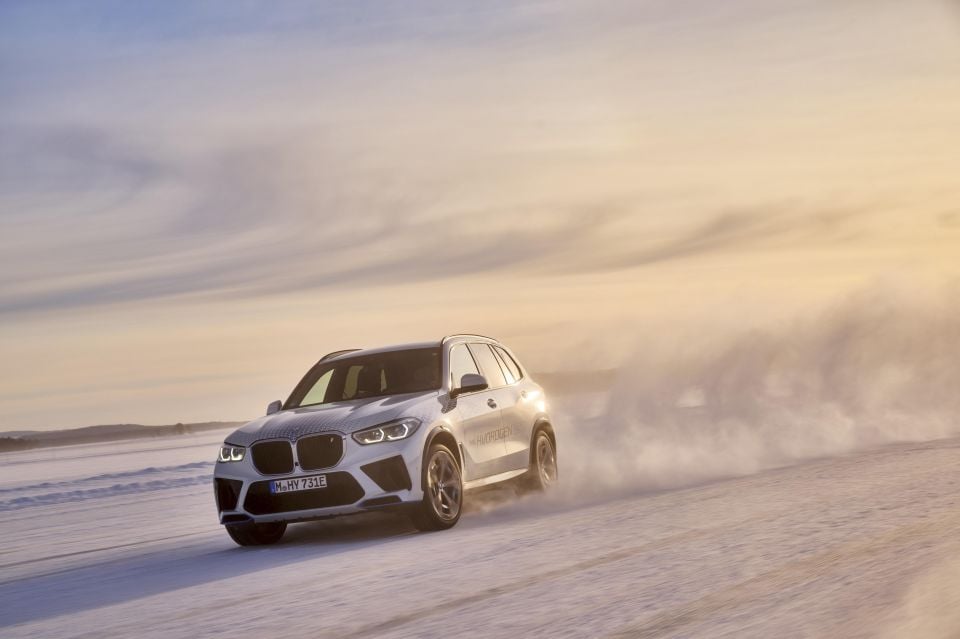
“The hydrogen fuel cell drive system combines the best of both drive worlds, regardless of the time of year and outside temperatures: it offers the locally emission-free mobility of an electric vehicle and the unrestricted everyday usability – including short refuelling stops – familiar from models with an internal combustion engine,” said BMW Group vice president of hydrogen fuel-cell technology and vehicle projects Jürgen Guldner.
BMW says hydrogen fuel-cell powertrains have “the potential to add another pillar to the BMW Group’s drive system portfolio for locally CO-free mobility”.
The German automaker also believes the hydrogen-fuel cell powertrain suits customers “who do not have their own access to electric charging infrastructure, frequently travel long distances or desire a high degree of flexibility”.
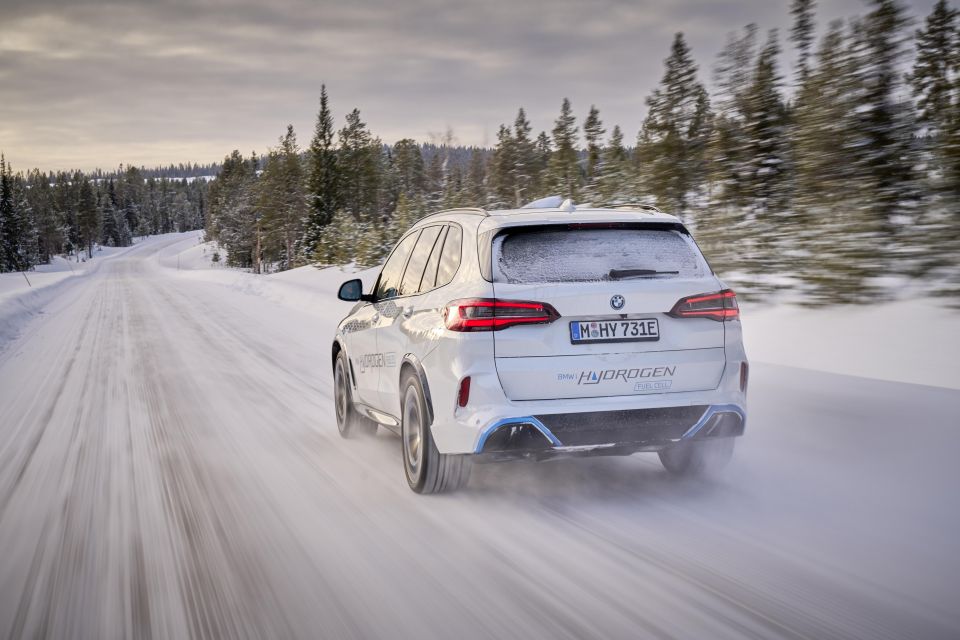
By committing to FCEV series development – series iX5 Hydrogens will be used for demonstration and testing – BMW also joins the likes of Toyota, Hyundai and Land Rover as backers of the potential battery-electric vehicle alternative.
In contrast, Mercedes-Benz has moved away from hydrogen in all but its heavy commercial vehicles, and the respective heads of Volkswagen and Tesla, Herbert Diess and Elon Musk, have previously labelled FCEVs a distraction.
Click on an image to view the full gallery.
MORE: BMW ‘pushing forward’ on hydrogen fuel-cells, starting with X5
Go deeper on the cars in our Showroom, compare your options, or see what a great deal looks like with help from our New Car Specialists.
Jack Quick is an automotive journalist based in Melbourne. Jack studied journalism and photography at Deakin University in Burwood, and previously represented the university in dance nationally. In his spare time, he loves to pump Charli XCX and play a bit of Grand Theft Auto. He’s also the proud owner of a blue, manual 2020 Suzuki Jimny.


Damion Smy
6 Days Ago
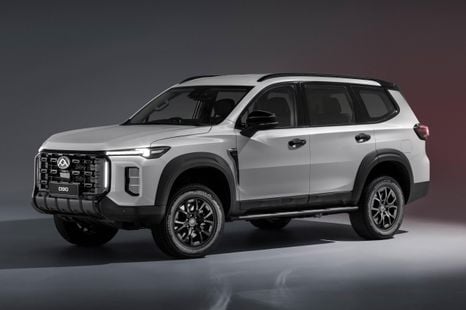

Damion Smy
9 Days Ago
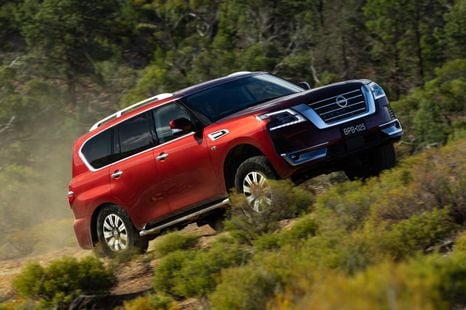

Damion Smy
9 Days Ago
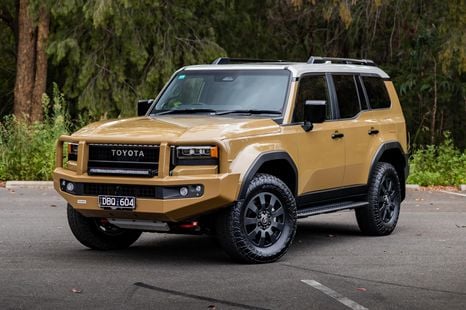

Damion Smy
10 Days Ago
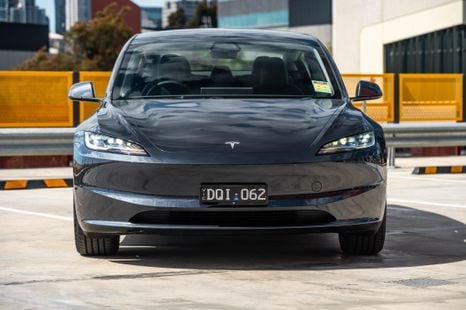

Josh Nevett
11 Days Ago
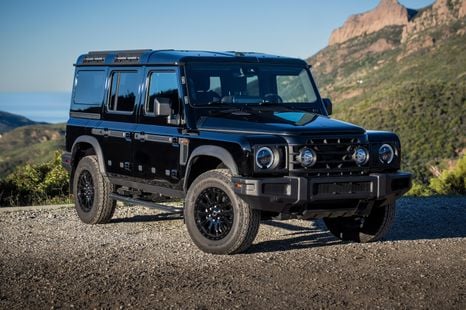

Damion Smy
14 Days Ago
Add CarExpert as a Preferred Source on Google so your search results prioritise writing by actual experts, not AI.